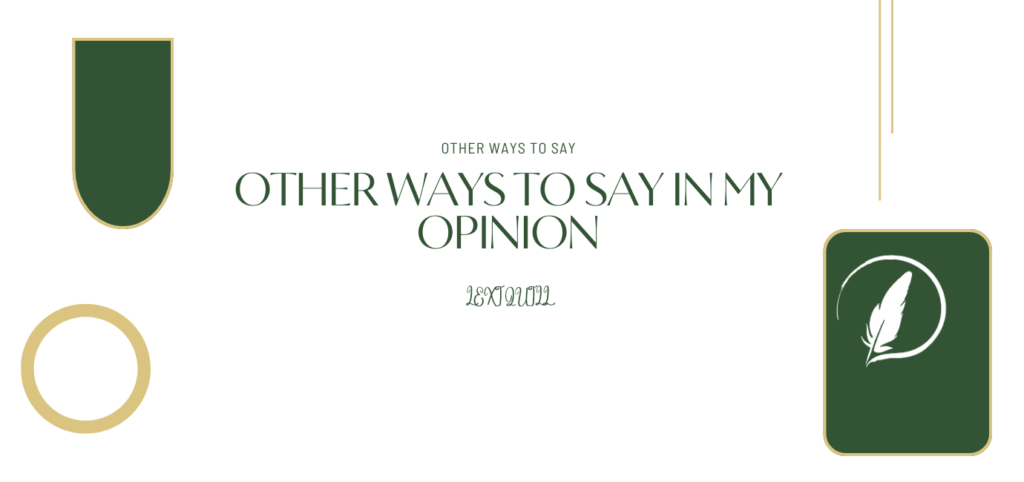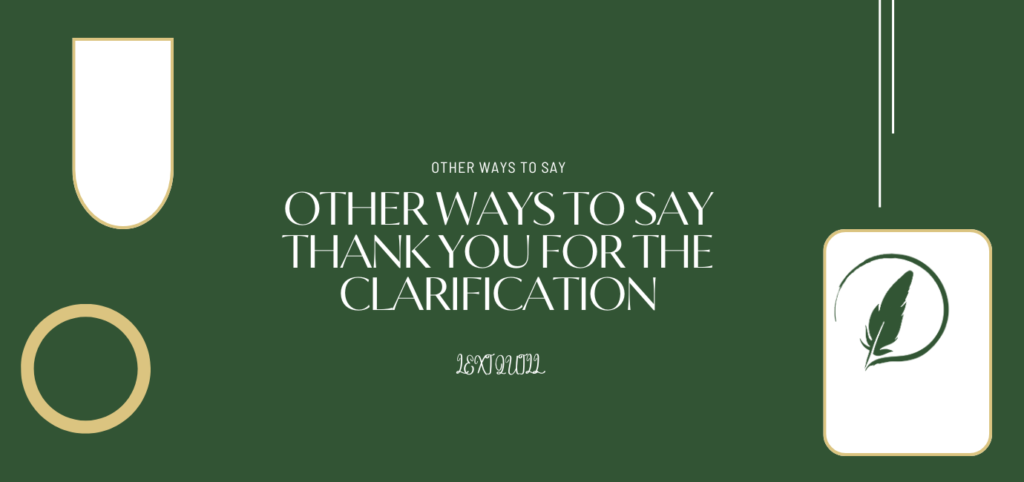In today’s fast-paced professional environment, how you communicate can significantly impact your career growth, reputation, and relationships. One of the most common challenges individuals face is finding the right way to say “no” without coming across as rude, unhelpful, or uncooperative. If you’ve ever wondered, “How do you professionally say no?” — you’re not alone. Mastering this skill can enhance your credibility, assertiveness, and overall professional presence.
In this article, we’ll explore professional, nuanced alternatives to a simple “no” that maintain respect, clarity, and professionalism. Whether you’re declining a project, turning down a meeting, or setting boundaries with colleagues, these alternatives will help you communicate more effectively.
Option 1: I Appreciate the Offer, but I Must Decline
Nuance: This phrase expresses gratitude while clearly declining the request. It’s polite and shows that you value the opportunity, even if you cannot accept it.
Contextual Usage: Ideal for job offers, project proposals, or invitations that you cannot accept without burning bridges.
Example Sentence:
“I appreciate the offer to join the new task force, but I must decline due to my current workload.”
Related Business Synonyms: “Thank you for considering me,” “I’m honored, but must respectfully decline.”
Option 2: Unfortunately, I’m Unable to Commit at This Time
Nuance: This maintains professionalism while signaling that your current circumstances prevent you from saying yes. It leaves the door open for future opportunities.
Contextual Usage: Useful when speaking to supervisors, peers, or clients where you might want to work together later.
Example Sentence:
“Unfortunately, I’m unable to commit to leading the committee at this time, but I’d be happy to contribute in a smaller capacity.”
Related Business Synonyms: “At this moment, I’m unable to,” “Regrettably, I cannot accommodate.”
Option 3: I Need to Prioritize My Current Commitments
Nuance: This emphasizes that you’re managing your workload responsibly, which is often respected in business environments.
Contextual Usage: Perfect for team settings or project assignments when you’re already at capacity.
Example Sentence:
“While I would love to assist, I need to prioritize my current commitments to meet existing deadlines.”
Related Business Synonyms: “I have pressing obligations,” “My current responsibilities require my full attention.”
Option 4: I’m Not the Best Person for This, But I Can Recommend Someone
Nuance: Rather than a flat-out “no,” you offer a solution, showcasing collaboration and helpfulness.
Contextual Usage: Excellent for networking situations or delegating tasks professionally.
Example Sentence:
“I’m not the best person for this presentation, but I can recommend a colleague who specializes in this topic.”
Related Business Synonyms: “I suggest,” “I can point you toward someone more suited.”
Option 5: After Careful Consideration, I Have to Decline
Nuance: Shows that you’ve thoughtfully weighed the request, conveying respect and deliberation rather than impulsiveness.
Contextual Usage: Useful in formal emails or when turning down offers from senior executives or clients.
Example Sentence:
“After careful consideration, I have to decline the opportunity to join the advisory board at this time.”
Related Business Synonyms: “Upon review,” “Having given this serious thought.”
Option 6: I’m Currently Focused on Other Priorities
Nuance: This alternative makes it clear that you’re committed to existing goals, reinforcing focus and professionalism.
Contextual Usage: Particularly effective when managing multiple projects or aligning with strategic objectives.
Example Sentence:
“I’m currently focused on other priorities aligned with our department’s goals and won’t be able to take this on.”
Related Business Synonyms: “My focus is currently directed elsewhere,” “I’m aligning with strategic priorities.”
Option 7: I Don’t Have the Capacity to Do This Justice
Nuance: Highlights that you’re concerned with quality, not just time constraints. It shows you care about the project’s success.
Contextual Usage: Great for declining work without seeming disinterested or disengaged.
Example Sentence:
“I don’t have the capacity to do this justice right now, and I wouldn’t want to compromise the quality of the outcome.”
Related Business Synonyms: “I’m unable to fully commit,” “I wouldn’t want to deliver subpar results.”
Option 8: This Doesn’t Align with My Current Goals
Nuance: Professional yet firm, this alternative shows strategic thinking and intentional career development.
Contextual Usage: Ideal when declining opportunities that don’t support your role, objectives, or long-term growth.
Example Sentence:
“Thank you for thinking of me. However, this doesn’t align with my current goals and focus areas.”
Related Business Synonyms: “It’s outside my current scope,” “It’s not in line with my professional path.”
Why Professional Language Matters
Choosing your words carefully in business settings fosters trust, respect, and professionalism. Saying “no” the right way:
- Strengthens credibility and authority.
- Helps maintain healthy work-life boundaries.
- Enhances negotiation and conflict resolution skills.
- Avoids misunderstandings and resentment.
Mastering professional communication doesn’t just help you say “no” gracefully—it transforms how others perceive and interact with you.
Conclusion:
Learning how to professionally say no is a vital communication skill for any professional, student, or business individual. Instead of a blunt “no,” these thoughtful alternatives provide you with a toolkit to navigate workplace interactions with tact, diplomacy, and strength.
Start practicing these phrases in your daily communication to boost your confidence, set healthy boundaries, and elevate your professional presence. Remember, saying “no” isn’t about shutting doors, it’s about opening the right ones.Now that you know how to professionally say no, you’re ready to handle any request with poise and respect.








